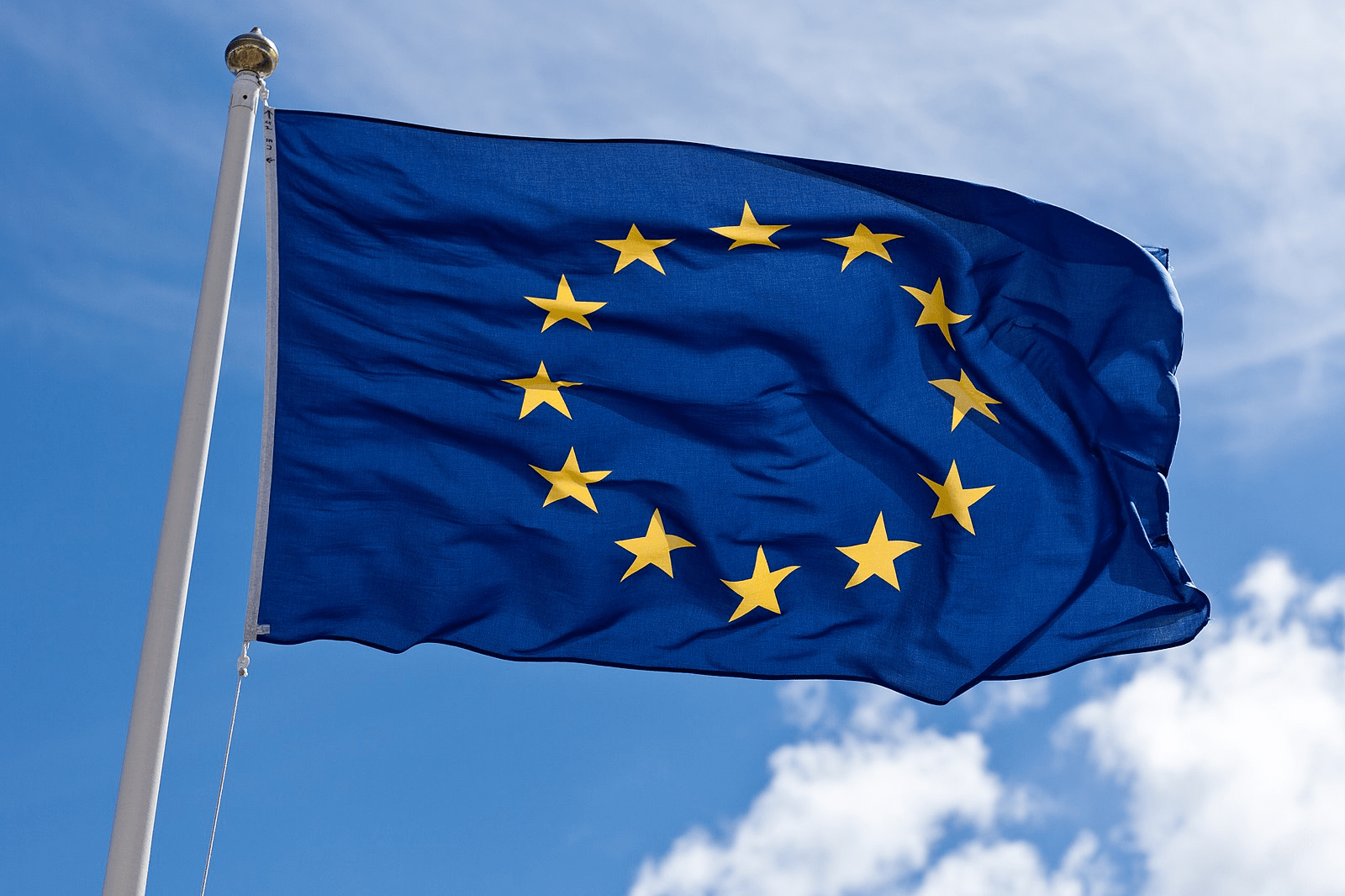To avoid additional fines, Apple is making several new changes to App Store rules in the EU. Today’s changes are a result of an April ruling by the European Commission that levied a €500 million fine against the company and ordered that it “…remove the technical and commercial restrictions on steering and to refrain from perpetuating the non-compliant conduct in the future….”
The changes are complex and wide-ranging, but among the highlights regarding in-app offers are changes that:
- allow developers to communicate and promote offers for digital goods and services in their apps, which can steer users to the web, an alternative app marketplace, or another app either inside their app via a web view or native code, or outside their app;
- permit developers to design these offers themselves, which can include pricing and instructions on how to take advantage of the offers outside the app;
- allow offers to include links to the destination of the developer’s choice; and
- prohibits developers from making offers outside the App Store using Apple’s In-App Purchase or StoreKit External Link Account entitlement for reader apps on the same OS;
- require an informational banner in the App Store that shows it offers external purchases.
Fees have changed for developers offering external purchases, too, and include:
- an initial acquisition fee of 2% is charged for sales made within six months of a user’s first unpaid installation of an app;
- a 5% or 13% store services fee depending on the store services used for any purchases made within 12 months of an app’s download;
- for apps that offer external purchases, a Core Technology Commission (not Fee) of 5% for purchases made within 12 months of installation will be charged;
- the Core Technology Fee still exists, until the end of the year, for apps that don’t use the external purchase APIs if their installations exceed one million installations on a rolling 12-month basis; and
- lower fees for Small Business Program developers.
Note, too, that by January 1, 2026, the Core Technology Fee will be replaced by the Core Technology Commission.
Also, developers in the EU will be able to offer their apps not only through alternative app marketplaces, where were already available, but also their own websites. To sell an app via a website, you have to be an Apple Developer in good standing for two consecutive years, obtain a €1,000,000 standby letter of credit, and have an app that has more than one million First Annual Installs on iOS and/or iPadOS in the prior calendar year. As you would expect, developers selling outside the App Store are responsible for managing the purchase process, taxes, and customer service, and failing to do so could result in the revocation of API access by Apple.
All right, that’s a lot and while I’ve tried to boil it down to the core points, there are a lot of details developers should study carefully and understand before taking the plunge of selling their apps outside the EU App Store. The best place to learn more now is from Apple. Start with the developer announcement, which links to more details about the new rules and relevant legal documents. Apple is also offering 30-minute sessions for EU developers to ask questions and provide feedback.
If you’re wondering what Apple thinks of all this, well, it’s not happy. An unnamed spokesperson told CNBC:
The European Commission is requiring Apple to make a series of additional changes to the App Store. We disagree with this outcome and plan to appeal.
It will be interesting to see how this plays out. The fee structure and rules are complex and will need to be studied closely to evaluate the practical effect of the changes. That said, I’m cautiously optimistic that our readers in the EU will soon have more choice than ever, which I’m glad to see.



